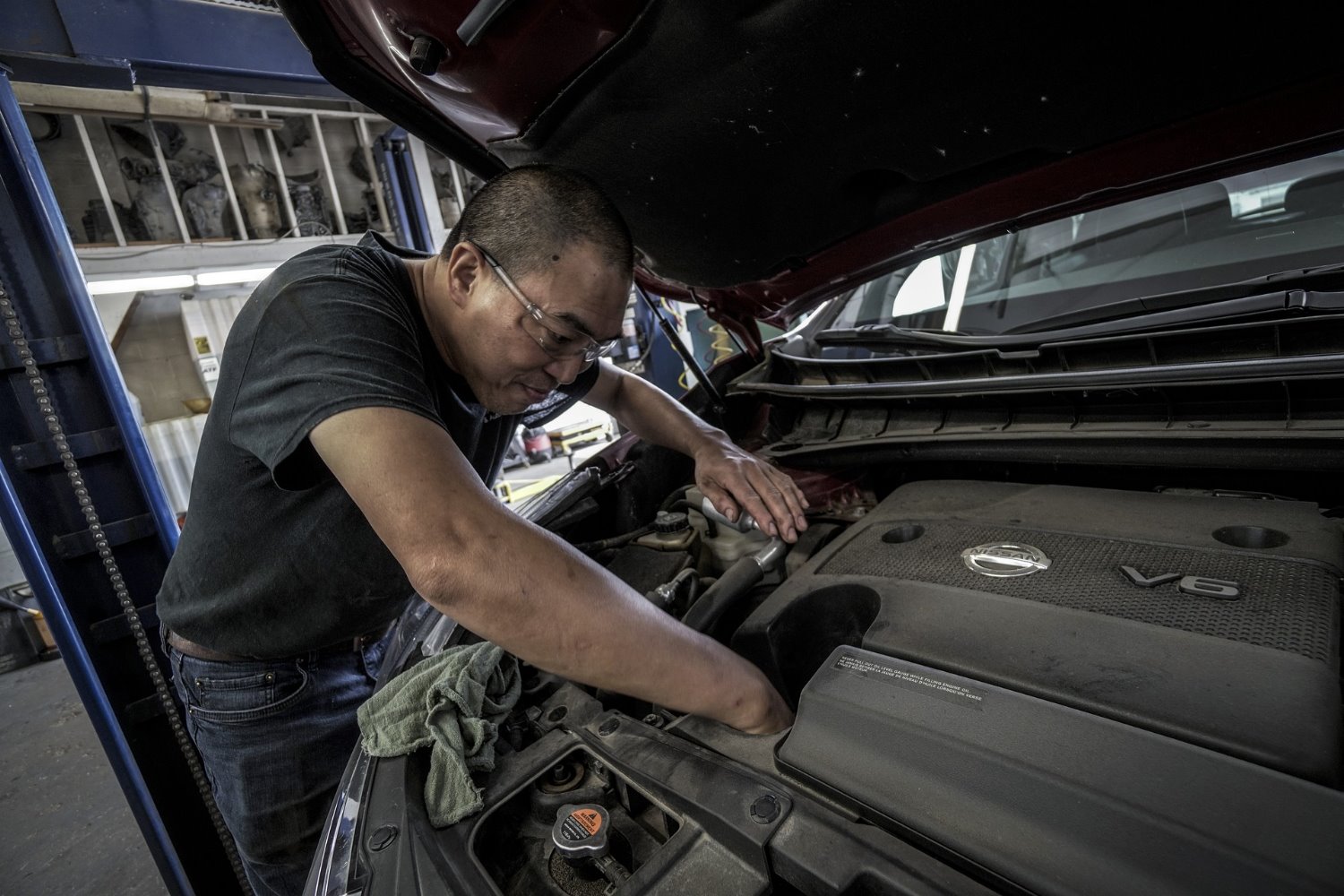10 Ways Regular Maintenance Reduces Long-Term Vehicle Costs
Owning a vehicle comes with responsibilities, and one of the most important is regular maintenance. By addressing small issues and following a consistent care schedule, you can save money and avoid unexpected problems.
Neglecting routine care may seem convenient in the short term, but it often leads to more significant, expensive repairs in the long run.
Let’s explore how proactive care can help reduce long-term expenses.
- Extends the Lifespan of Your Vehicle
Consistent care plays a crucial role in keeping your car running smoothly for many years. Tasks such as oil changes, replacing filters, and checking fluid levels ensure that the engine and other components function as they should. Skipping these tasks can lead to wear and tear that shortens the lifespan of critical parts, potentially resulting in a car that needs replacing sooner than expected. Taking time to care for your car regularly ensures you get the most value out of your investment.
- Prevents Costly PCM Repairs
The powertrain control module (PCM) is a vital component in modern vehicles that manages key functions like the engine and transmission. Regular diagnostics and inspections can help identify issues before they escalate into more serious problems. Neglecting simple tasks like monitoring the battery or keeping sensors clean can lead to expensive repairs and even replacement.
On average, PCM repair costs between $300 and $1,00. When factoring in labor expenses for programming and installation, the total cost for replacement can increase to anywhere between $500 and $1,500 or even higher. By staying proactive, you can avoid the high expenses associated with replacing or repairing this essential part. The key is to get your vehicle inspected regularly by reliable professionals like UpFix. It would ensure your vehicle’s PCM is in optimal condition.
- Reduces Fuel Expenses
A well-maintained car uses fuel more efficiently, helping you save money at the pump. Tasks such as replacing dirty air filters, keeping tires properly inflated, and changing spark plugs on schedule all contribute to better fuel economy. When these basic steps are neglected, your car’s engine has to work harder, which increases fuel consumption. Staying on top of these tasks saves money and reduces environmental impact.
- Prevents Major Engine Repairs
The engine is the heart of your vehicle, and keeping it in good condition should be a top priority. Regularly changing the oil, replacing worn belts, and inspecting hoses for cracks or leaks are essential for avoiding major engine damage. Neglecting these tasks can lead to overheating, misfires, or even complete engine failure, which can cost thousands of dollars to fix. Addressing small issues promptly helps ensure the engine runs reliably for years to come.
- Protects Your Transmission
Transmission repairs are among the most expensive a vehicle owner can face. Proper care, such as checking and replacing transmission fluid as needed, helps keep this system functioning smoothly. Skipping these steps can result in overheating or gear slippage, eventually leading to transmission failure. By taking care of this critical system, you can avoid costly repairs and enjoy a smoother driving experience.
Making upgrades in this department can extend the lifespan of your drivetrain while improving overall performance and reliability. Mechanics suggest installing a 4L80E transmission in vehicles that regularly handle heavy loads or high torque demands to reduce long-term wear and improve durability.
- Prolongs the Life of Your Tires
Tires are among your vehicle’s most critical components, and taking care of them can prevent premature replacements. Regularly checking tire pressure, rotating tires, and ensuring proper alignment help distribute wear evenly. Uneven wear shortens tire life and impacts fuel efficiency and handling. Keeping tires in good condition reduces long-term costs and ensures safer driving.
- Maintains the Braking System
Your brakes are essential for safety; neglecting them can lead to costly repairs. Worn brake pads, low brake fluid, or damaged rotors can create more significant problems if not addressed promptly. Replacing brake pads when needed is a relatively inexpensive fix compared to the cost of repairing rotors or calipers. Regular checks and timely replacements keep repair costs low and ensure your braking system functions effectively.
- Keeps Electrical Systems in Check
Modern vehicles rely heavily on electrical systems, from starting the engine to powering lights and entertainment systems. Regular inspections of the battery, alternator, and wiring can help identify and address issues before they cause a breakdown. For example, cleaning battery terminals and checking for loose connections can prevent costly electrical repairs. Proactive care of these systems keeps your vehicle running smoothly and reduces the likelihood of expensive replacements.
- Preserves the Exterior and Interior
Your car’s exterior and interior condition also affects its overall value and long-term costs. Regularly washing and waxing the exterior protects the paint and prevents rust. Inside the vehicle, cleaning upholstery and using protective mats keep surfaces in good condition. Maintaining your car’s appearance not only reduces repair and replacement costs but also helps preserve its resale value.
- Improves Overall Resale Value
Regular care keeps your vehicle running well and boosts its resale value. A car with detailed maintenance records and a well-maintained appearance is more appealing to buyers. When you invest in routine checks, quality parts, and consistent care, you demonstrate the vehicle’s reliability and longevity. This leads to higher offers when it’s time to sell or trade in your car.
Proactive care is the key to reducing long-term automotive expenses. It’s an investment in your vehicle’s safety, efficiency, and long-term value. Prioritize it to enjoy a better driving experience while keeping costs under control.
